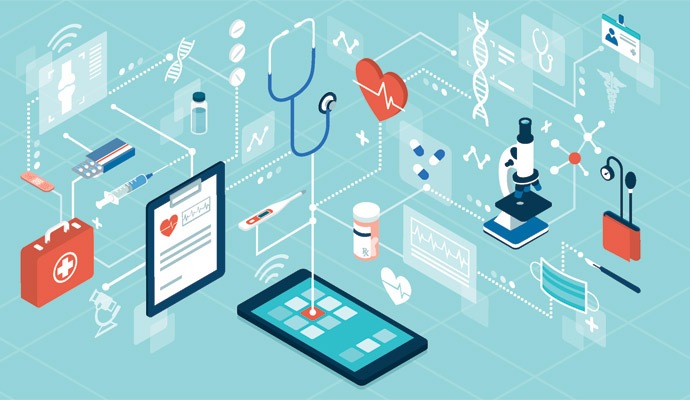UPMC Starts Artificial Intelligence Company to Combat Chronic Disease
UPMC launched Realyze Intelligence, a company that will help chronic disease and cancer patients by using natural language processing and artificial intelligence.

Source: Getty Images
- Realyze Intelligence, a company launched recently by The University of Pittsburgh Schools of the Health Sciences (UPMC), will use natural language processing and artificial intelligence to pinpoint optimal treatments for chronic disease and cancer patients.
The company’s platform will read EHR data to pick out cohorts of patients with precise conditions who may be at a higher risk for negative health outcomes. The platform’s analysis will allow physicians to prioritize individuals who need the most urgent medical attention. Realyze Intelligence was founded in partnership with UPMC Enterprises, the solutions branch of UPMC.
In looking through detailed notes and data, the platform can get a holistic view of the entire patient and their history, not just the chronic condition they are being treated for at the moment.
“Patients aren't defined by their primary diagnosis. They are not just dealing with that one condition, but also many other factors that make them complex, and it currently is a manual, time-consuming effort to extract and use the relevant information from the EMR to ensure effective care,” said Gilan El Saadawi, MD, PhD, chief medical officer at Realyze Intelligence, in a press release. “Realyze streamlines this process and quickly decodes the patient’s ‘story’ so they get the best care.”
While EHR systems enable streamlined data storage, it can be difficult for physicians to sift through the large quantities of data to understand the complexities of each patient. The platform is intended to make it easier for physicians to quickly gain valuable insights.
The platform may be helpful for various chronic conditions, including inflammatory bowel disease, chronic kidney disease, and cancer. Currently in the US healthcare system, $8.7 billion per year is spent on employing workers to read clinical notes and sift through data, the press release stated.
“For providers to give the most effective care, they need a complete understanding of their patients and all of their comorbidities. Realyze helps them find specific patients and intervene at the correct time with the correct treatment,” Aaron Brauser, president and CEO of Realyze Intelligence, said in the press release. “This can improve a patient’s overall health while hospitals benefit from avoidance of unplanned events and reduction of abstraction costs.”
Natural language processing encompasses various machine learning and artificial intelligence disciplines to extricate valuable insights from unstructured data, making it especially useful for clinical data. Its functions can be applied to clinical decision support and can help to streamline data from EHR systems.
Using artificial intelligence, machine learning, and natural language processing together can enable physicians to predict and analyze chronic conditions and risk factors. A recent study applied machine learning to wearable device data in order to predict clinical laboratory measurements, without patients having to go to the doctor’s office.
Another machine learning program can predict a patient’s risk of dialysis and death in COVID-19 cases, according to a recent study. Researchers fed EHR data to the machine learning algorithm, which then provided valuable information on each patient’s risk level.
In an industry where saving time can mean saving lives, the use of natural language processing, artificial intelligence, and machine learning algorithms have the ability to make a major impact on the quality and speed of care.
